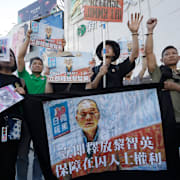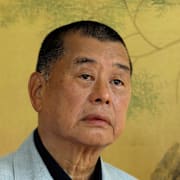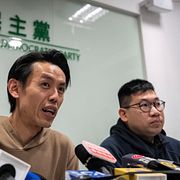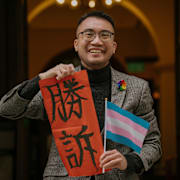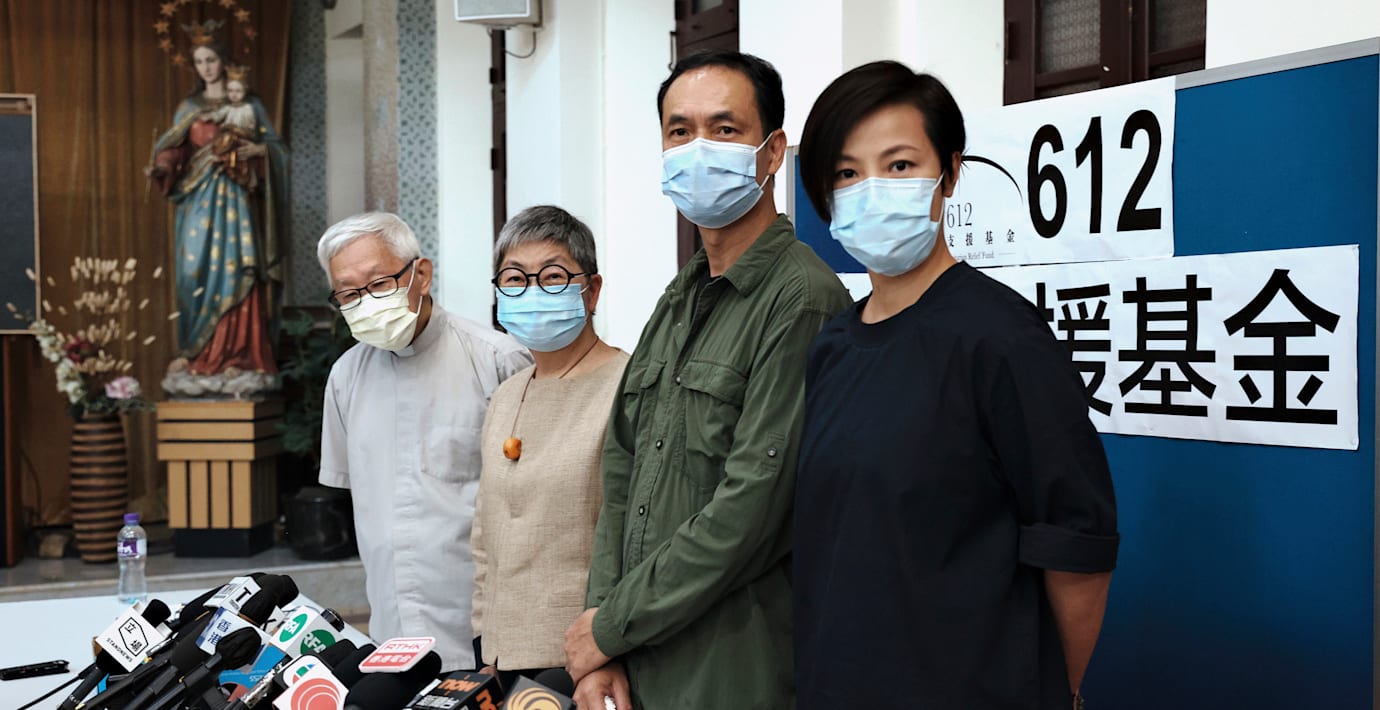
Vatikanen och USA oroas av utvecklingen i Hongkong
Under onsdagen har den romersk-katolska kardinalen Joseph Zen gripits i Hongkong, något som oroar Vatikanen, rapporterar AFP.
– Den heliga stolen har nåtts av nyheterna om kardinal Zens gripande och följer med oro situationen väldigt noga, säger de i ett uttalande.
Även Kurt Campbell, samordnare för USA:s Östasien- och Stillahavsfrågor, är kritisk till gripandena.
– Allt jag kan säga är att vi är allt mer oroade över utvecklingen att utrota det civila samhället i Hongkong, säger han enligt Reuters.
Enligt människorättsgruppen Hong Kong Watch greps Zen tillsammans med sångaren Denise Ho, advokaten Margaret Ng och forskaren Hui Po-Keung.
Läs mer
bakgrund
Demonstrationerna i Hongkong 2019–2020
Wikipedia (en)
The Anti-Extradition Law Amendment Bill Movement, also known as the 2019 Hong Kong protests, or the 2019–2020 Hong Kong protests, were a series of demonstrations from 15 March 2019 in response to the introduction by the Hong Kong government of the Fugitive Offenders amendment bill on extradition. It is one of the largest series of demonstrations in the history of Hong Kong, with thousands arrested in violent scenes. The Government declared peace and stability had been restored to Hong Kong with the National Security Law.The protests began with a sit-in at the government headquarters on 15 March 2019 and a demonstration attended by hundreds of thousands on 9 June 2019, followed by a gathering outside the Legislative Council Complex on 12 June which stalled the bill's second reading. On 16 June, just one day after the Hong Kong government suspended the bill, a larger protest took place to push for its complete withdrawal. The protest was also in response to the perceived excessive use of force by the Hong Kong Police Force on 12 June. As the protests progressed, activists laid out five key demands. Police inaction during the 2019 Yuen Long attack and brutality in 2019 Prince Edward station attack further escalated the protests.
Chief Executive Carrie Lam withdrew the bill on 4 September, but refused to concede the other four demands. A month later, she invoked the emergency powers to implement an anti-mask law. Confrontations escalated and intensified. The storming of the Legislative Council in July 2019, deaths of Chow Tsz-lok and Luo Changqing, two shooting incidents of protesters, one of whom was unarmed, and sieges of the Chinese University and the Polytechnic University in November 2019 were landmark events. The unprecedented landslide victory of the pro-democracy camp in the November local election was widely regarded as a de facto referendum on the city's governance.
The outbreak of the COVID-19 pandemic in early 2020 largely silenced the protests. Tensions mounted again in May 2020 after Beijing's decision to promulgate a national security bill for Hong Kong. More than a hundred people, including several prominent activists, have been arrested since the imposition of the law. The resulting political atmosphere, along with the crackdown on civil society, sparked a wave of mass emigration from the city.
The approval ratings of the government and the police plunged to their lowest points since the 1997 handover. The Central People's Government alleged that foreign powers were instigating the conflict, although the protests have been largely described as "leaderless". The United States passed the Hong Kong Human Rights and Democracy Act on 27 November 2019 in response to the protest movement.
The tactics and methods used in Hong Kong inspired other protests that followed worldwide.
Omni är politiskt obundna och oberoende. Vi strävar efter att ge fler perspektiv på nyheterna. Har du frågor eller synpunkter kring vår rapportering? Kontakta redaktionen
